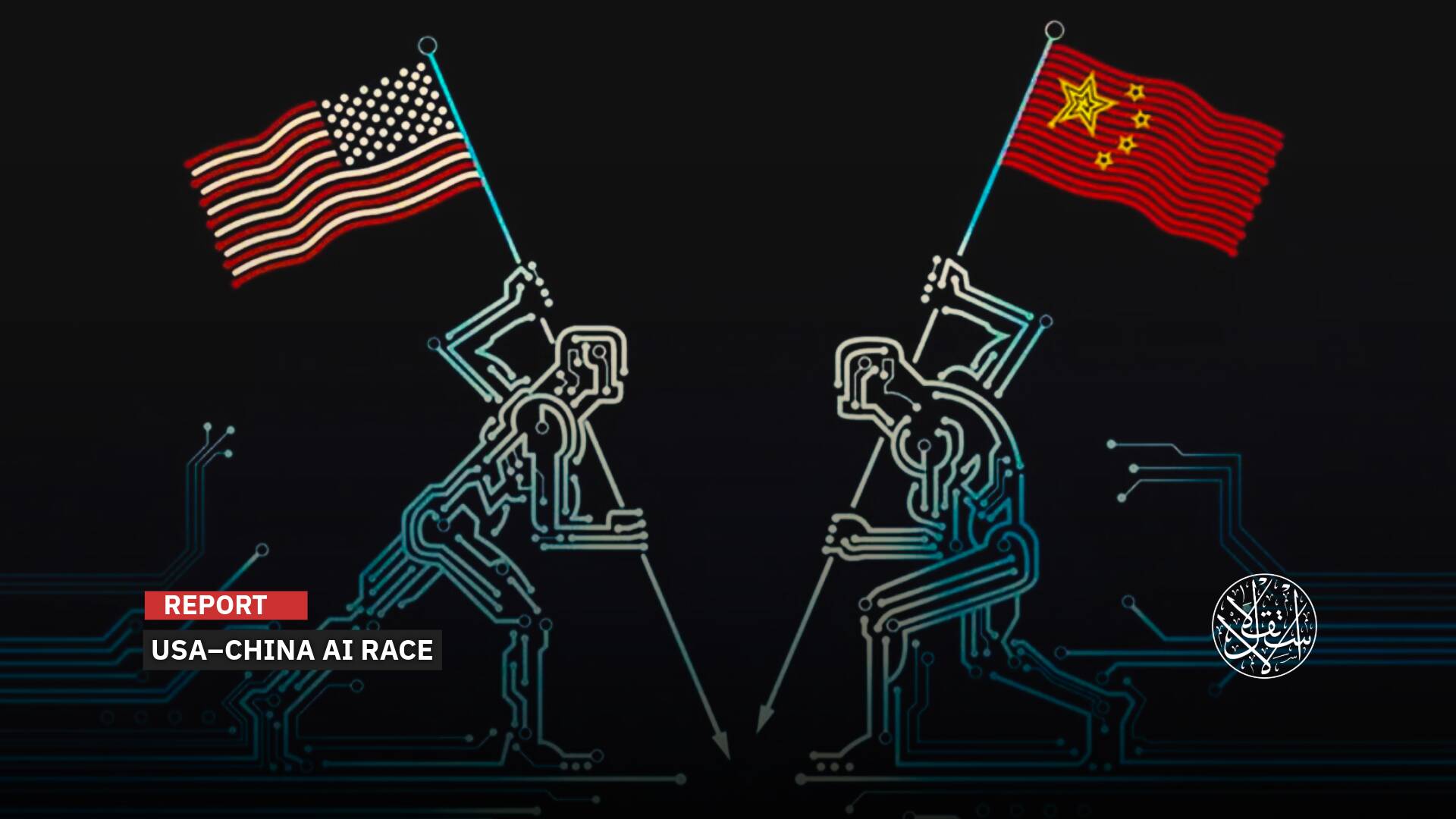Back to Textbooks to Reduce the Dangers of Screens in Sweden

For several months, a conviction has begun to grow in Sweden, linked to the place of screens and technology in the lives of children in general, and the lives of children in schools in particular.
On May 15, the Swedish Minister of Schools, Lotta Edholm, responded by burying the December 2022 strategy of the Swedish National Agency for Education (Skolverket), a strategy that prefers to pursue digital technology.
Return to Textbooks
Lotta Edholm had previously expressed her fears related to the use of technology in schools in an article published by Expressen newspaper on December 21, where she showed her biased position on the place of books in the school life of children, and showed that whatever benefits can be gained from the use of technology, it does not replace the value of the book in the lives of children.
According to scientific studies presented by the Swedish National Agency for Education, there are many advantages to textbooks. With digital reading, the reader spends less time just reading. Students skim through the text faster at the expense of understanding what they read.
Those who read the printed text were better able to reproduce key points, remembered more parts, and showed better reading comprehension overall.
According to a report by Läromedelforfattarna, one teacher out of three is unable to purchase technical educational supplies, and four out of five principals cannot support the purchase of educational materials due to lack of financial resources.
Screens have gradually replaced textbooks in every educational institution over the past fifteen years. Students spend more and more time in front of computer screens, which are provided by the educational institution for students, as the approach of digitizing education has been adopted in order to improve education.
Yet, even though Sweden is ranked ninth on the list of the best countries for education worldwide, this did not prevent it from retreating from the step of digitizing education back to school books, as they realized the importance of books in students’ lives.
The center-right government has announced that it will release 685 million kronor (60 million euros) this year and 500 million (44 million euros) annually in 2024 and 2025 to speed up the return of textbooks to schools. The goal is to ensure one book for every student, and for every subject, to bypass the era of screens in educational schools and return to textbooks.

Swedish Education and Neoliberalism
Despite the political and social system, Sweden adopted neoliberalism and market forces in education as a broad perspective for the dramatic transformation of education policy during the past thirty years. Swedish education focused on market requirements and re-engineering the education system in order to adapt to market needs, while giving special attention to marketing. The commercialization of education in Sweden is set in the broader international context of changes in education systems.
The independent school reform has created opportunities for parents and students in Sweden to enable their children to have more freedom to choose the schools they attend. This reform made it possible for private actors to profit from participating in the provision of public education, especially since the state, through the Swedish National Agency for Education, funds students’ studies.
This indicates, according to Magnus Dahlstedt and Andreas Fejes in their book Neoliberalism and Market Forces in Education Lessons from Sweden, that the Swedish educational policy gives value to the financial and economic aspect of the process of reforming the Swedish education system, which cannot be ignored regarding Sweden’s desire to return to textbooks, instead of adopting a computerized educational system.
Due to the deterioration of the Swedish book industry, especially in the last five years, physical sales to bookstores no longer make up the lion’s share of publishers’ revenues, with the figure dropping below SEK 400 million in 2020.
Digital competition with paperbacks is causing the book market to contract, and the Swedish book publisher’s income now consists mostly of revenue from digital sellers and online bookstores. Revenue from digital retailers has more than tripled in five years and passed SEK 650 million for the first time in 2021. Sales from online stores have also grown year-on-year. Thus, the return to textbooks is a practical attempt by the government to revive the print book market for Swedish publishing companies.
Meanwhile, the government’s desire to return to textbooks coincides with the will of Swedish citizens, who prefer reading paper books at the expense of e-books. According to a survey on daily media use in Sweden, more than 40 percent of respondents read books every day, despite the number of e-book releases that have quadrupled in the past decade.

Democracy Before Textbooks
In an interview with Al-Estiklal, Dr. Yahya Boulahiya, author of the book Educational Missions in Japan and Morocco, said: “If Sweden maintains its leadership in education after the decision to return textbooks to schools instead of using screens, this is likely to cause a global resonance, which will reach the world Arab, and it will make our governments’ steps toward digitization in the field of education more rational.”
However, this raises the question: Could textbooks in the MENA region improve the status of education in the Arab world? Dr. Robert Springborg, Co-Editor of The Political Economy of Education in the Arab World, told Al-Estiklal that “the problem of the absence of democracy in the MENA region remains a real obstacle to education reform in the region. It is not possible to talk about modern education without democracy. The real obstacle to bringing about deep reform in the educational organization goes beyond the modernization of the education institutes.”
The return to textbooks in Sweden is important, and it shows the danger of technology expanding at the expense of the printed book market, which must always be protected from the risk of extinction. However, education reform must not be separated from the democratization of societies.
Sources
- One in three teachers stopped from buying teaching materials [Swedish]
- Sweden blames screens for declining student level and wants a return to textbooks [French]
- Digitalization in schools has been an experiment [Swedish]
- Swedish schools want zero tolerance for violence
- Education Rankings by Country 2023











